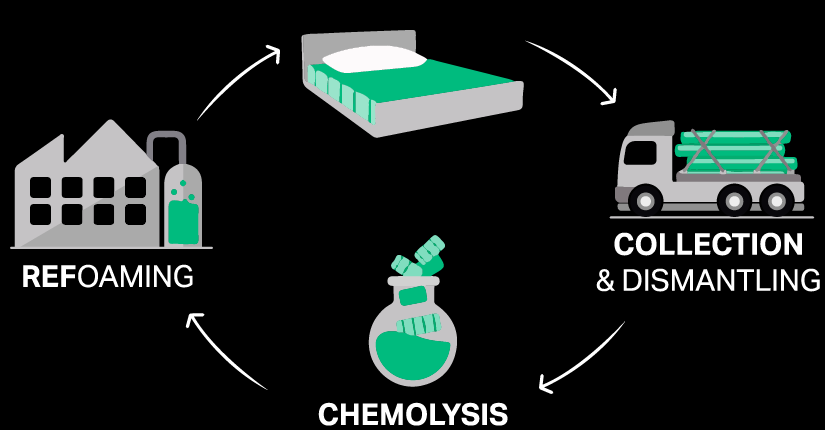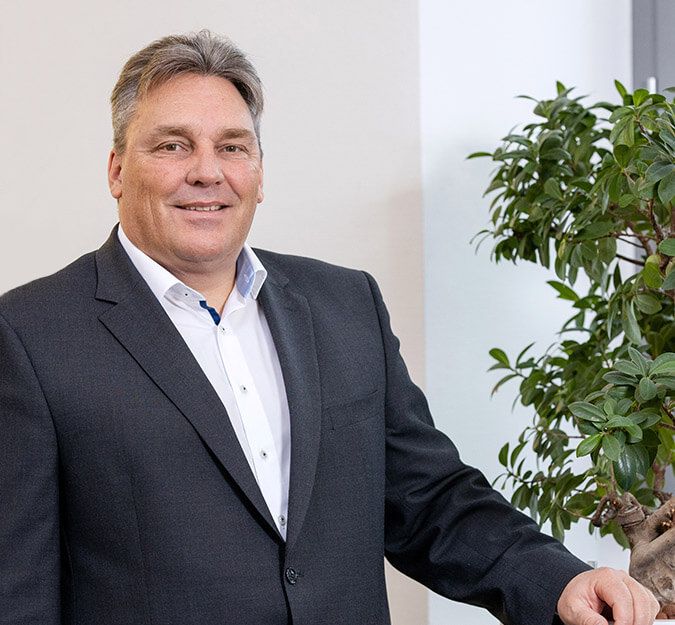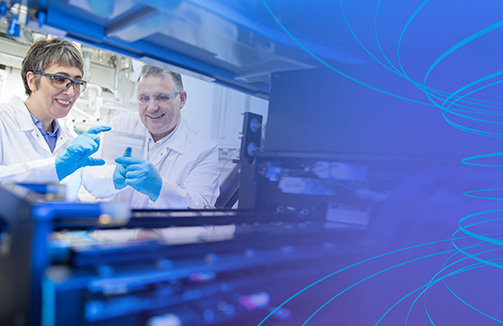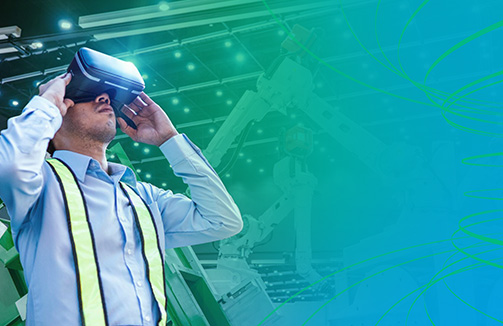Results
- No filter selected.
- en Magazine
- Magazine Showing Foresight
- Magazine Taking Action
- Magazine Setting Standards
- en Overview
- Overview Foreword
- Overview Key Data Covestro Group
- Overview Report Profile
- en To our Shareholders
- To our Shareholders Report of the Supervisory Board
- To our Shareholders Covestro on the Capital Market
- en Management Report
- Management Report Covestro Group at a Glance
- Covestro Group at a Glance Company Profile
- Company Profile Organization and Business Model
- Company Profile Procurement
- Company Profile Production Sites and R&D Facilities
- Company Profile Marketing and Sales
- Covestro Group at a Glance Management
- Management Management System
- Management Corporate Policies
- Management Integrated Management System for Health, Safety, Environment, Energy, and Quality
- Covestro Group at a Glance Circular Economy and Climate Neutrality
- Circular Economy and Climate Neutrality Strategy, Management, and Implementation
- Circular Economy and Climate Neutrality Circular Economy
- Circular Economy and Climate Neutrality Climate Neutrality
- Covestro Group at a Glance Employees
- Covestro Group at a Glance Health and Safety
- Covestro Group at a Glance Environmental Impact of Own Operations
- Covestro Group at a Glance Social Responsibility
- Management Report Report on Economic Position
- Report on Economic Position Economic Environment
- Report on Economic Position Business Performance at a Glance
- Report on Economic Position Results of Operations, Financial Position, and Net Assets of the Covestro Group
- Results of Operations, Financial Position, and Net Assets of the Covestro Group Covestro Group key data
- Results of Operations, Financial Position, and Net Assets of the Covestro Group Results of Operations
- Results of Operations, Financial Position, and Net Assets of the Covestro Group Financial Position
- Results of Operations, Financial Position, and Net Assets of the Covestro Group Net Assets
- Report on Economic Position Performance of the Segments
- Performance of the Segments Performance Materials
- Performance of the Segments Solutions & Specialties
- Report on Economic Position Results of Operations, Financial Position, and Net Assets of Covestro AG
- Management Report Report on Future Perspectives and on Opportunities and Risks
- Report on Future Perspectives and on Opportunities and Risks Report on Future Perspectives
- Report on Future Perspectives Economic Outlook
- Report on Future Perspectives Forecast for the Covestro Group and Covestro AG
- Report on Future Perspectives and on Opportunities and Risks Opportunities and Risks Report
- Opportunities and Risks Report Overview
- Opportunities and Risks Report Group-Wide Opportunities and Risk Management System
- Opportunities and Risks Report Opportunities and Risks
- Management Report Corporate Governance
- Corporate Governance Overview
- Corporate Governance Declaration on Corporate Governance
- Corporate Governance Takeover-Relevant Information
- Corporate Governance Compliance
- Corporate Governance Compensation Report
- Compensation Report Overview
- Compensation Report Compensation of the Board of Management
- Compensation Report Compensation of the Supervisory Board
- Compensation Report Comparative Presentation of Annual Changes in Compensation and Earnings
- Compensation Report Other Information
- Management Report Disclosures on Sustainability Reporting
- Disclosures on Sustainability Reporting Overview
- Disclosures on Sustainability Reporting Nonfinancial Group Statement
- Disclosures on Sustainability Reporting EU Taxonomy
- Disclosures on Sustainability Reporting GRI Index
- en Financial Statements
- Financial Statements Covestro Group Consolidated Income Statement
- Financial Statements Covestro Group Consolidated Statement of Comprehensive Income
- Financial Statements Covestro Group Consolidated Statement of Financial Position
- Financial Statements Covestro Group Consolidated Statement of Cash Flows
- Financial Statements Covestro Group Consolidated Statement of Changes in Equity
- Financial Statements Notes to the Consolidated Financial Statements of the Covestro Group
- Notes to the Consolidated Financial Statements of the Covestro Group Principles and Methods
- Principles and Methods 1. General Information
- Principles and Methods 2. Effects of New Financial Reporting Standards
- Principles and Methods 3. Accounting Policies and Valuation Principles
- Principles and Methods 4. Segment and Regional Reporting
- Principles and Methods 5. Changes in the Scope of Consolidation
- Notes to the Consolidated Financial Statements of the Covestro Group Notes to the Income Statement
- Notes to the Income Statement 6. Sales
- Notes to the Income Statement 7. Other Operating Income
- Notes to the Income Statement 8. Other Operating Expenses
- Notes to the Income Statement 9. Personnel Expenses and Employee Numbers
- Notes to the Income Statement 10. Financial Result
- Notes to the Income Statement 11. Taxes
- Notes to the Income Statement 12. Earnings per Share
- Notes to the Consolidated Financial Statements of the Covestro Group Notes to the Statement of Financial Position
- Notes to the Statement of Financial Position 13. Goodwill and Other Intangible Assets
- Notes to the Statement of Financial Position 14. Property, Plant and Equipment
- Notes to the Statement of Financial Position 15. Investments Accounted for Using the Equity Method
- Notes to the Statement of Financial Position 16. Other Financial Assets
- Notes to the Statement of Financial Position 17. Inventories
- Notes to the Statement of Financial Position 18. Other Receivables
- Notes to the Statement of Financial Position 19. Equity
- Notes to the Statement of Financial Position 20. Provisions for Pensions and Other Post-employment Benefits
- Notes to the Statement of Financial Position 21. Other Provisions
- Notes to the Statement of Financial Position 22. Financing and Financial Liabilities
- Notes to the Statement of Financial Position 23. Other Liabilities
- Notes to the Statement of Financial Position 24. Financial Instruments
- Notes to the Statement of Financial Position 25. Contingent Liabilities and Other Financial Commitments
- Notes to the Statement of Financial Position 26. Legal Risks
- Notes to the Consolidated Financial Statements of the Covestro Group Other Information
- Other Information 27. Notes to the Statement of Cash Flows
- Other Information 28. Related Companies and Persons
- Other Information 29. Auditor’s Fees
- Other Information 30. Events after the End of the Reporting Period
- en Further Information
- Further Information Responsibility Statement
- Further Information Independent Auditor’s Report
- Further Information Limited Assurance Report of the Independent Auditor regarding the supplementary sustainability information
- Further Information Segment and Quarterly Overview
- Further Information Five-Year Summary
- Further Information Financial Calendar
Setting standards
To achieve a sustainable future, innovation is indispensable. To that end, Covestro is pushing boundaries to set standards. How? Three examples: alternative raw materials, new recycling methods and digitalization.
Alternative raw material bases
A sustainable and climate-neutral circular economy is not just a vision; it already presents a multitude of opportunities for action. One example is mass balancing, which allows the proportion of alternative raw materials in production to be gradually increased and allocated to selected products. By applying this principle to the entire value chain and certifying it according to the globally recognized ISCC PLUS standard, the proportion of renewable raw materials increases and products become more sustainable. By pursuing this approach, Covestro’s aim is to gradually switch its global production to certified mass-balanced products and thus significantly expand its alternative raw material base.
We are therefore also providing transparency for our customers while helping them to become more sustainable. Another advantage is that the alternative raw materials can be used in existing production processes without any major changeovers and without compromising on product quality.
THE JOURNEY CONTINUES
Customers further along the value chain can benefit from the use of mass-balanced raw materials and reduce their own carbon footprint. One example is H.B. Fuller, one of the world’s largest manufacturers of industrial adhesives, based in St. Paul, Minnesota, USA. As part of a supply agreement with Covestro, it receives ISCC PLUS-certified, mass-balanced adhesive raw materials used primarily in the automotive, wood, composites and textile industries. “The ability to source certified renewable feedstock in large quantities based on the mass-balanced approach allows us to use molecules that bring a significant reduction in our carbon footprint without compromising the performance of PU adhesives,” says Iñaki Sigler, Global Product Manager for Woodworking and Composites at H.B. Fuller. “This is an investment in a future that we are all a part of.” Thus, with our mass-balanced approach, we are already setting standards and accelerating the path towards a circular economy.
Alternative raw material bases
What do you think?
Which Covestro site in the Asia-Pacific region received ISCC PLUS certification in 2021?
Shanghai is correct! In September 2021, Covestro received ISCC PLUS certification for its site in Shanghai. This means that Covestro can now offer its customers in the Asia Pacific region large volumes of the high-performance plastic polycarbonates as well as the polyurethane raw material MDI, made from alternative raw materials in the same good quality as fossil-based counterparts.
Unfortunately not correct. In September 2021, Covestro received ISCC PLUS certification for its site in Shanghai. This means that Covestro can now offer its customers in the Asia Pacific region large volumes of the high-performance plastic polycarbonates as well as the polyurethane raw material MDI, made from alternative raw materials in the same good quality as fossil-based counterparts.
Innovative recycling methods
Flexible polyurethane foam: a versatile material that offers comfort in everyday life – for example in car seats, shoe soles and mattresses. Covestro produces main components of the foam, and they are becoming more and more popular. For the TDI component alone, the company expects global demand growth to increase to 6 percent per year through 2025. That is a lot of mattresses!
REUSING MATTRESSES
Polyurethane has one disadvantage, however: it cannot be recycled very well with the established mechanical recycling processes. But Covestro is working intensively to change things in this regard. We have developed a pioneering process to chemically recycle the soft foam from used mattresses. The material is broken down into molecules, which are then reassembled into new foam precursors. “In contrast to other approaches, our process targets both components, the TDI precursor TDA and polyol,” says project manager Karin Clauberg. Since the beginning of 2021, Covestro has operated a pilot plant at its Leverkusen (Germany) site to confirm the positive laboratory results.
Replacing fossil fuels with innovative Covestro technology

Foam mattresses have been difficult to recycle to date. However, with an innovative method from Covestro, the material can be chemically decomposed and new foam components can be produced from the molecules.
Quick fact
3.1
million
tons
of the TDI foam component will probably be in demand worldwide in 2025 – an increase of 800,000 tons compared to 2020.
(Source: Covestro IR presentation)
Digitalizing chemistry
The circular economy requires a restructuring of the entire economy. This transformation can only succeed if we also take full advantage of the opportunities offered by digitalization. Therefore, in chemical research, we are relying on enormous computing power and access to external high-performance computers as well as quantum computing. With this, we want to significantly accelerate development efforts. Our expertise in chemistry along with artificial intelligence, machine learning and computing power will clearly push the boundaries.
Digitalizing our core business
Beyond this, we pay special attention to the digitalization of our core business. We continuously leverage efficiencies in basically all areas of the company and invest in collaboration with our customers. To this end, we use all available means of digitalization to make the usage of our products by our customers more efficient and effective, but at the same time more convenient. It has recently become possible, for example, to digitally track deliveries of our products by sea.
None of this can be done on our own, which is why we successfully build long-term partnerships. For us, it is absolutely clear that digitalization will change the way we work as a chemical company in the future. By seizing our opportunities now and developing our core areas digitally, we will be able to use these technologies to set standards for a sustainable and circular future.

»Digital processes bring us clear benefits: satisfied customers and employees, better use of resources and precisely tailored provision of technologies with their finger on the pulse.«
Walter Grüner Chief Information Officer at Covestro



